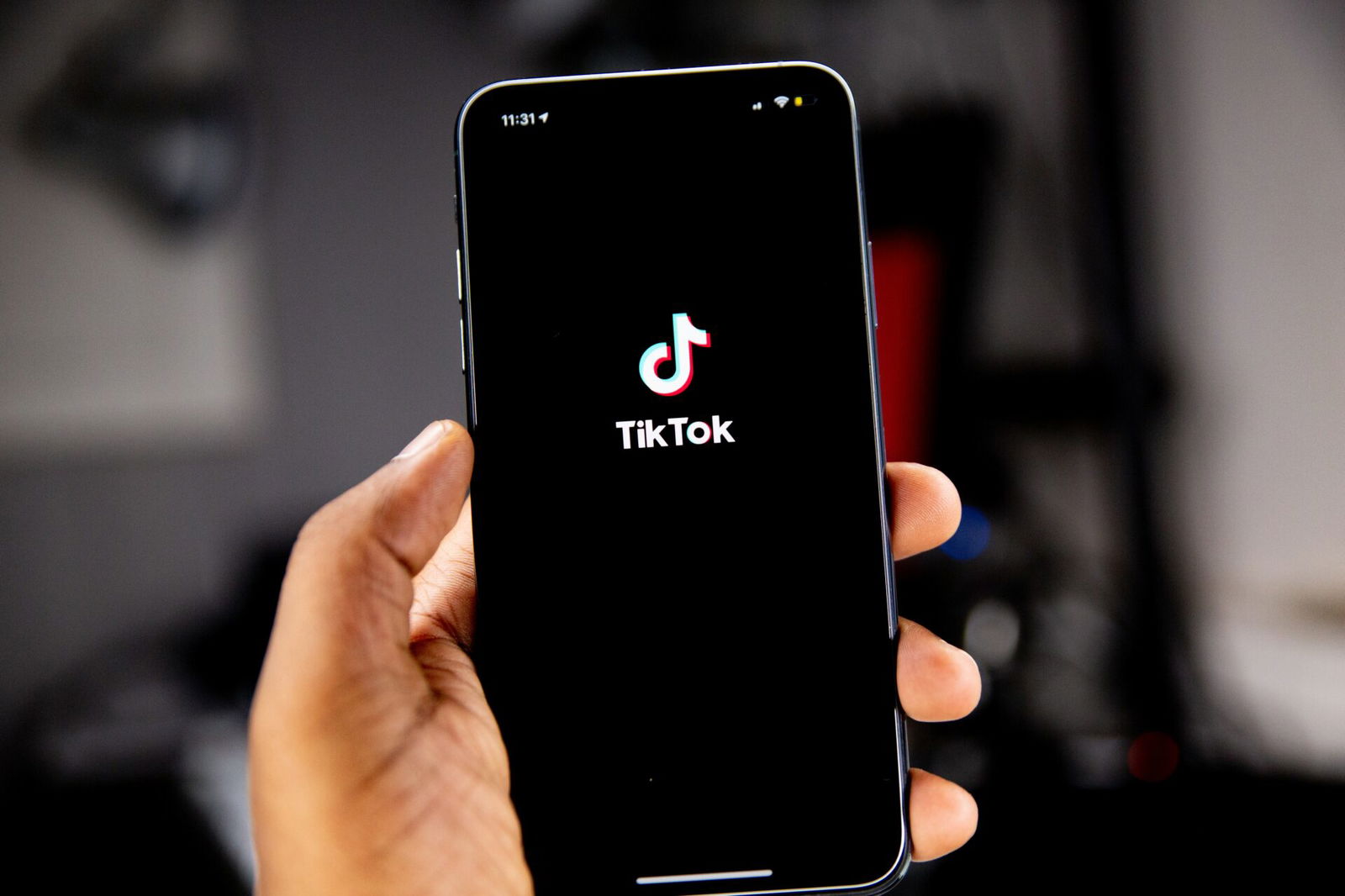
TikTok Plans a ‘Legal Challenge’ if Proposed Ban Moves Forward
By Movieguide® Contributor
TikTok has announced it will file a court challenge if Congress passes proposed legislation that will ban the app in the U.S.
“At the stage that the bill is signed [by President Joe Biden], we will move to the courts for a legal challenge,” Michael Beckerman, TikTok’s head of public policy for the Americas, told TikTok employees in a memo obtained by CNN. “This is the beginning, not the end of this long process.”
Movieguide® previously reported on the bill:
The House passed a bill Wednesday morning that could effectively ban TikTok in the United States.
The legislation, called the Protecting Americans from Foreign Adversary Controlled Applications Act, demands that TikTok’s parent company, ByteDance, divest the platform. If it doesn’t within 180 days, the app would be banned in American app stores.
CNBC reports that it received bipartisan support, passing with a 352-65 vote.
TikTok CEO Shou Zi Chew has also made public statements about fighting back against a potential ban.
In a video posted on the platform aimed at the app’s users, he said, “We will not stop fighting and advocating for you. We will continue to do all we can, including exercising our legal rights, to protect this amazing platform that we have built with you.”
TikTok has previously pointed out the impact a ban would have on the thousands of users who rely on the app for income.
“It is unfortunate that the House of Representatives is using the cover of important foreign and humanitarian assistance to once again jam through a ban bill that would trample the free speech rights of 170 million Americans, devastate 7 million businesses, and shutter a platform that contributes $24 billion to the U.S. economy, annually,” the platform said in a statement.
Despite TikTok’s pushback, many are in support of the potential ban. Movieguide® previously reported:
Federal Communications Commission Chair Jessica Rosenworcel is sharing her support of the proposed TikTok ban.
“We don’t have authority over apps like TikTok,” she said while speaking at a gathering at the Paley Center. “That being said, what strikes me most is that for decades we’ve had policies in the Communications Act that would prevent, for instance, a Chinese national or a Chinese company from owning our nation’s broadcast television stations. We would say that’s unacceptable, right? I’d be kicked out of my job if I decided otherwise. And yet here we have something that’s arguably one the newer forms of media and there is zero oversight. I think that is stunning.”
The proposed ban would go into place if TikTok’s China-based parent company, ByteDance, doesn’t sell the app.
“Media is powerful and we want to be thoughtful of who invests in it in our country,” Rosenworcel explained.



 - Content:
- Content: 

